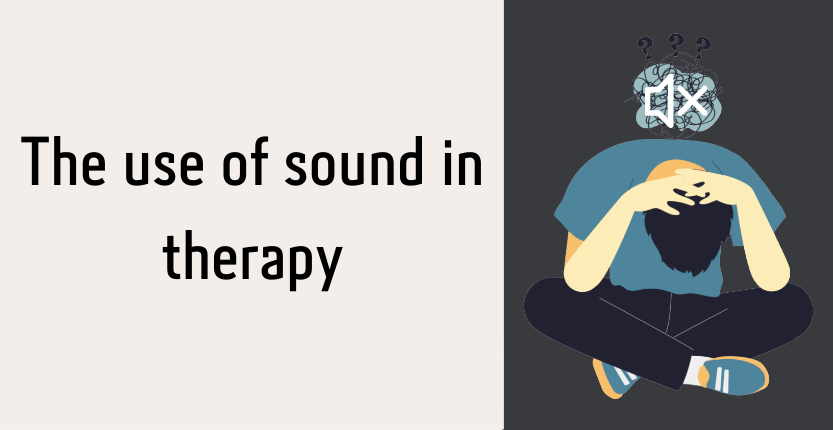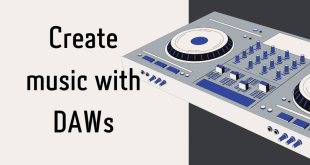Sound has been used as a therapeutic tool for thousands of years in various cultures across the world. From the use of chanting and singing in religious rituals to the more modern practice of sound therapy, the healing power of sound has been recognized and utilized throughout history.

Sound therapy is a holistic form of healing that uses sound waves and vibrations to restore balance and harmony in the body, mind, and spirit. It involves the use of various instruments, including singing bowls, tuning forks, gongs, and other musical instruments that produce specific frequencies and vibrations. The vibrations produced by these instruments are said to penetrate deep into the body, promoting relaxation and reducing stress, anxiety, and other negative emotions.
The use of sound in therapy and healing practices can be traced back to ancient civilizations, where it was used in religious ceremonies and rituals. For example, in ancient Egypt, sound was used to induce a state of trance and facilitate communication with the gods. The ancient Greeks also used music as a form of therapy, with famous philosophers such as Pythagoras and Plato advocating for the healing power of music.
In recent years, sound therapy has gained popularity as a complementary therapy in the Western world. It is used in a wide range of settings, from hospitals and clinics to spas and wellness centers. The use of sound therapy has been shown to have numerous benefits, including reducing stress and anxiety, improving sleep quality, boosting the immune system, and promoting overall well-being.
One of the main ways in which sound therapy works is by inducing a state of relaxation in the body. The vibrations produced by sound waves have a calming effect on the nervous system, reducing stress and tension in the body. This can have a positive impact on a range of health conditions, including anxiety, depression, and chronic pain.
Sound therapy works by stimulating the body’s natural healing processes. When sound waves enter the body, they vibrate at certain frequencies that can have a profound effect on our physical and emotional states.
Research has shown that sound therapy can be effective in treating a wide range of conditions, from chronic pain to anxiety disorders. By using specific frequencies and vibrations, sound therapy can help to balance the body’s energy systems and promote overall health and wellness.

Sound therapy has also been shown to have a positive impact on the immune system. The vibrations produced by sound waves are believed to stimulate the production of white blood cells, which play a key role in fighting off infection and disease. This can help to boost the immune system and improve overall health and well-being.
Another benefit of sound therapy is its ability to improve sleep quality. Sound waves have a soothing effect on the mind and body, promoting relaxation and reducing stress and tension. This can help to improve sleep quality and reduce the incidence of sleep disorders such as insomnia.
In addition to its physical benefits, sound therapy also has a positive impact on mental and emotional health. The calming effect of sound waves can help to reduce feelings of anxiety and depression, promoting a sense of inner peace and well-being. It can also improve concentration and focus, enhancing cognitive function and productivity.
There are many different types of sound therapy, each with its own unique benefits and applications. For example, singing bowl therapy involves the use of Tibetan singing bowls, which produce a range of harmonic frequencies that are believed to have a healing effect on the body and mind. Tuning fork therapy involves the use of tuning forks to produce specific frequencies that are believed to have a balancing effect on the body’s energy centers.
Gong therapy involves the use of gongs, which produce a deep, resonant sound that can induce a state of deep
